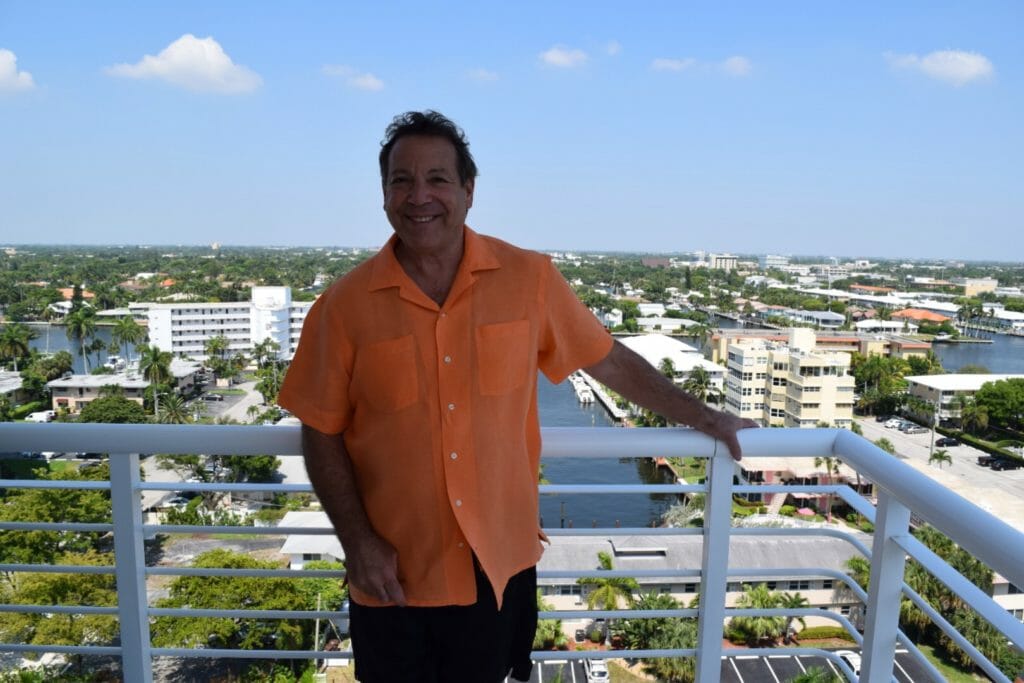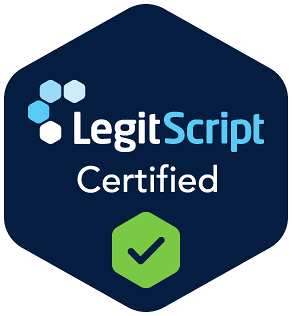Editor’s Note: One of the responses of bereaved family to the death of a family member from addiction has been to establish a charity to try to prevent such tragedies in the future. The Nikki Perlow Foundation is a particularly successful example of such an effort. This foundation and Kolmac have worked collaboratively to make addiction treatment more affordable as well as addressing ways to reduce the stigma associated with substance use disorders.
The Nikki Perlow Foundation is committed to helping young adults (ages 15-45) and their families struggling with addiction and recovery. With funds raised through its events, as well as corporate and personal donations, the foundation provides much needed to assistance to pay for treatment. In addition, the organization provides direct funding for prevention and education programs, sober housing and a variety of other treatment resources.
Since its inception in 2008, the foundation has gifted more than $500,000. Foundation president Gary Perlow (Nikki’s uncle) attributes much of this success to being visible in the community and working to eliminate the stigma associated with addiction. “We’ve started to brand our name in the addiction community,” he says. “In addition, destigmatization has become part of our mission.”
“We also changed course so that our dollars go directly from us to the recovery community,” he continues. “For example, we’ve spent money to host events for people in recovery like our event at Goucher College featuring Earl Hightower.”
Recently, Perlow talked with Modern Addiction Recovery about how the foundation has remained so strong through the years.
MAR: How have your efforts for 2015 progressed thus far?
Perlow: Raising money is not easy in the nonprofit world, but our fundraising is going well. We have robust social media that we just rolled out beyond our established relationships
We’ve broadened our network in the Baltimore/DC metro area by expanding our geographic footprint.
For example, we’re a mobilizing partner for the upcoming Unite to Face Addiction rally in DC. We’re engaged in getting 100,000 plus attendees to DC in October. To that end, last month we hosted a breakfast for local addiction leaders in conjunction with NCADD of Maryland.
We’ve definitely expanded our efforts beyond putting money into treatment facilities. Our whole network has grown during the last 6 to 12 months.
MAR: There have been a number of efforts to set up charitable programs to address addictions in the wake of the death of a family member. The Nikki Perlow Foundation appears to be more robust than most. To what do you attribute your success?
Perlow: First, we have a tremendously committed board of directors; some are in recovery and some were friends of Nikki’s. That’s been a large driver. Our board has 25 members, which is considered large for this kind of foundation, but it has always been large.
Our board is made up of people with the skills to keep the foundation going (i.e. graphic designers, event planners, etc.) In addition to donating their time and services, our board members are good at fundraising. We have a good mix of people on our board with different skills sets who contribute their time and expertise to keep our work moving forward.
Second, we are good at staying involved in the community. We’re out there. We’re at all the major events held in the community. It’s all about being present and showing commitment and strength. We have invested more time in working with the recovery community.
MAR: What is your biggest day-to-day challenge? How are you addressing it?
Perlow: Getting manpower to fulfill all of our needs is the biggest challenge. For instance, running one of our events usually requires getting 30-40 volunteers because they are all fairly large. We are exploring the possibility of working with college interns to help us with specific projects like running our social media.
MAR: In what areas are you still seeing the greatest need in terms of the services young adults seek to access?
Perlow: The biggest need is money for treatment. Treatment is not cheap, and many families don’t have the funds they need to seek treatment. There’s also the need to build a much stronger social community for people in recovery. We’re looking at what holes can we fill to build a more robust recovery community, such as facilitating meet ups, social clubs, and/or weekend retreats.
MAR: What do you think is the foundation’s biggest opportunity during the next five years?
Perlow: Our biggest opportunity is to create more activities to build a stronger recovery community in the Baltimore metro area. Addiction is not a problem that’s going away. It’s getting worse.
Up until this point, we’ve been active in helping with the treatment piece, but now we’re getting more involved in the recovery piece. It’s not easy to raise money for addiction and recovery, but we’ve been successful because we’re helping to destigmatize the problem.

